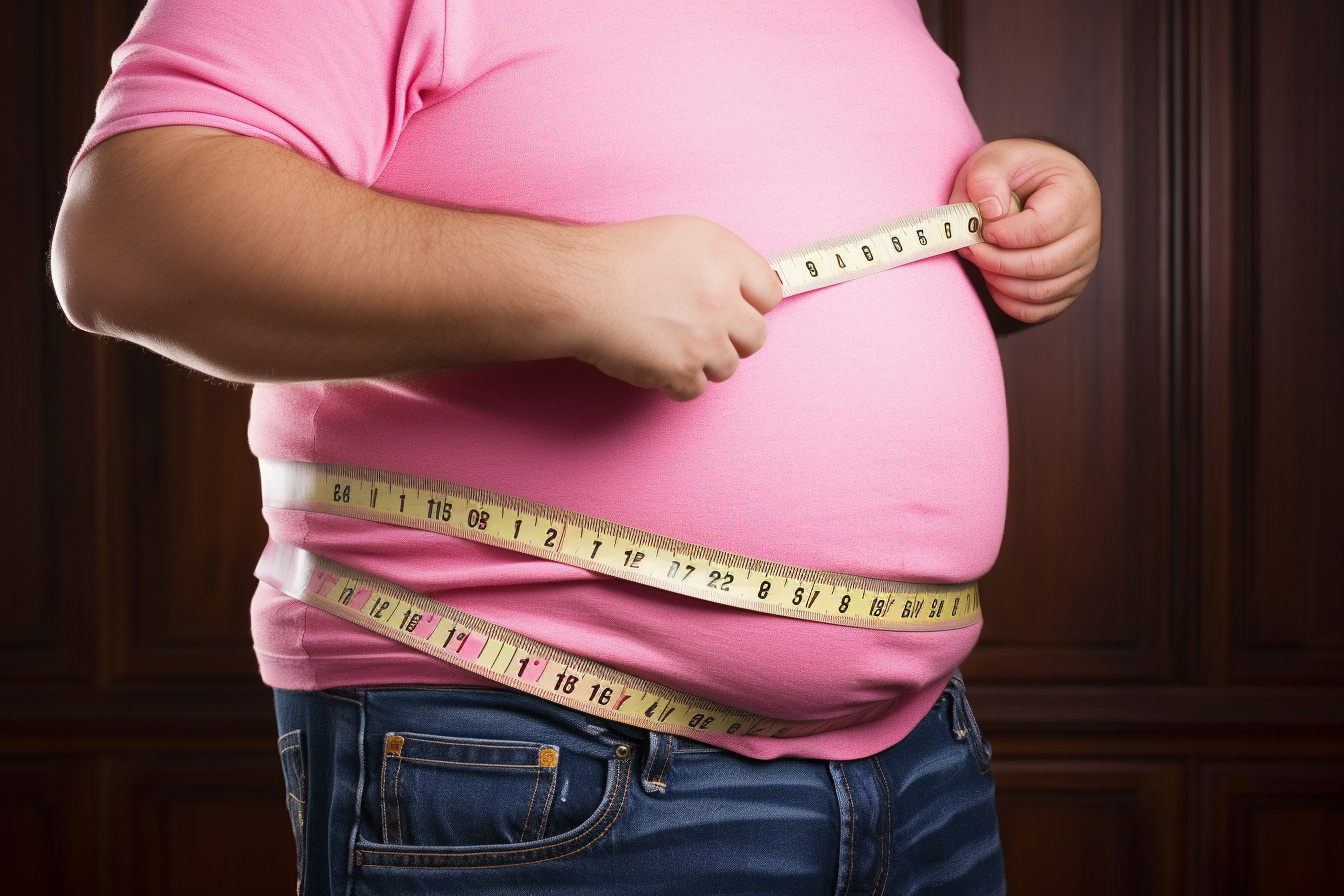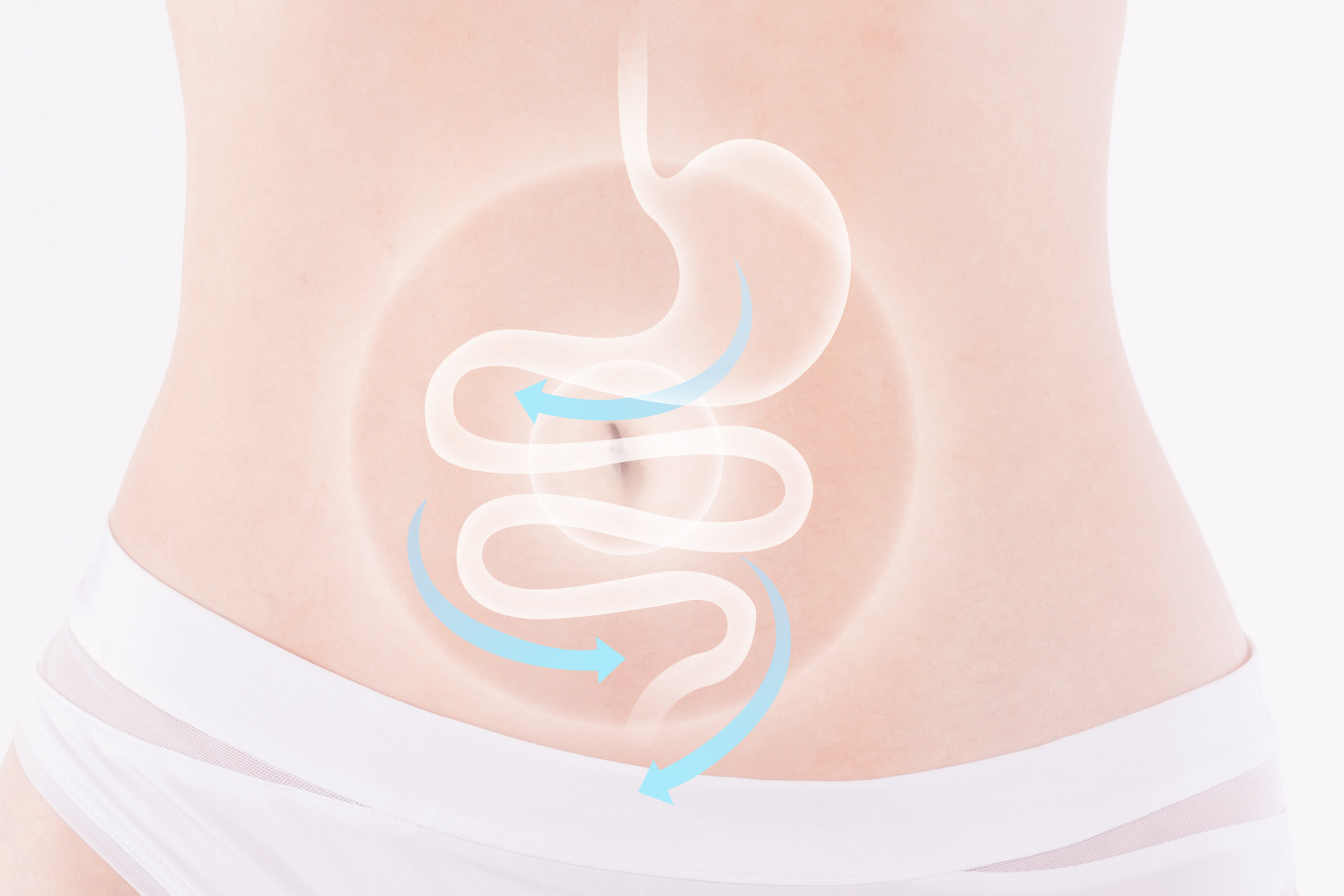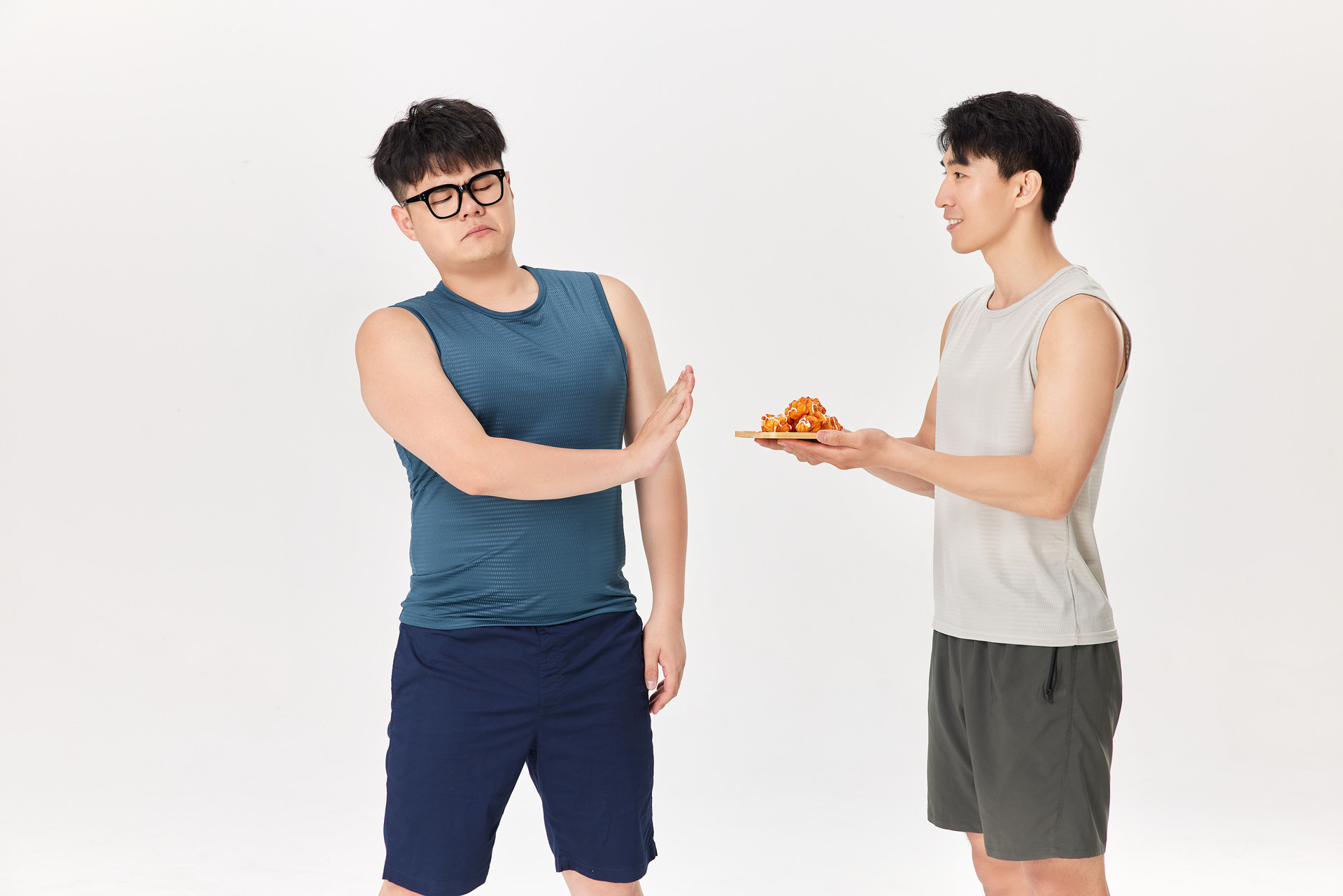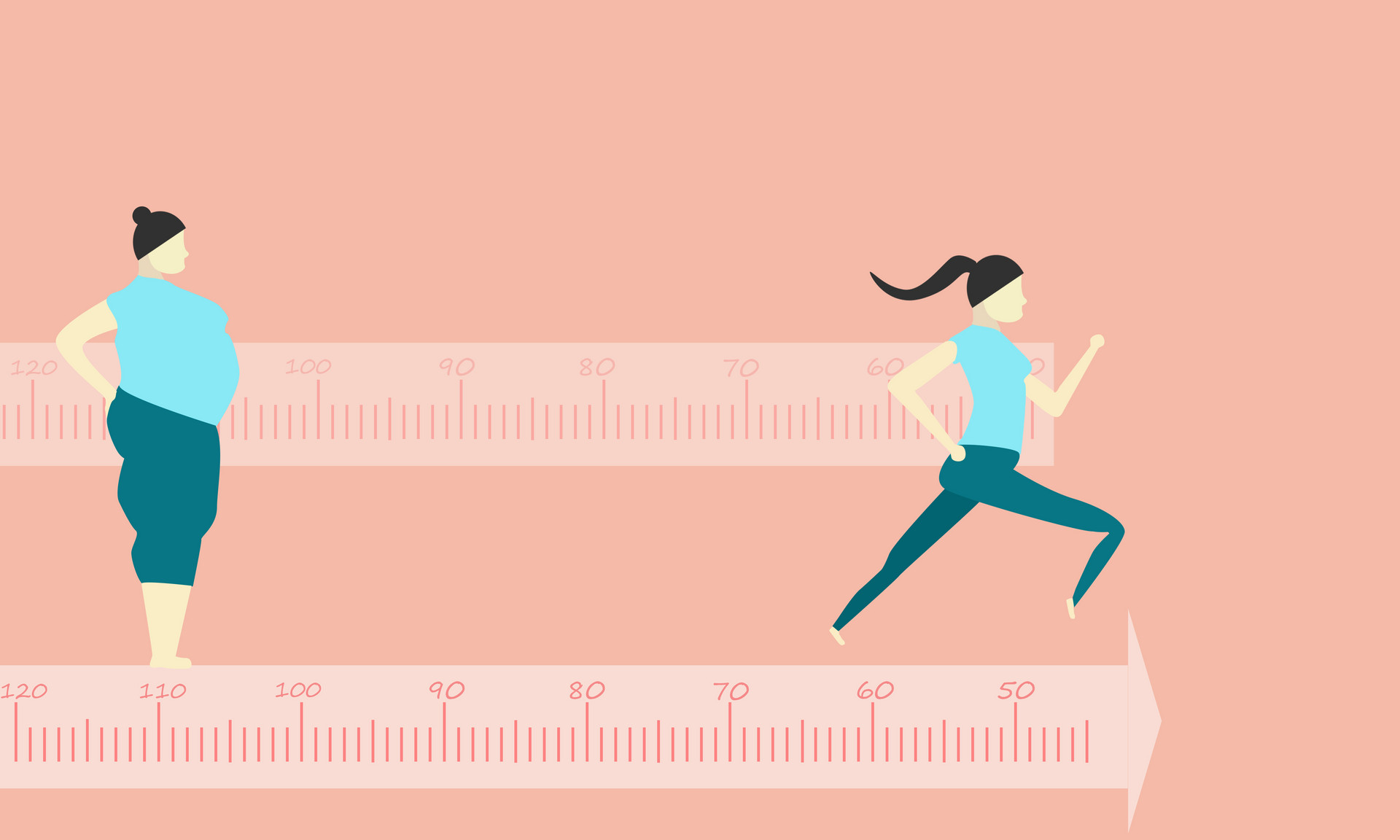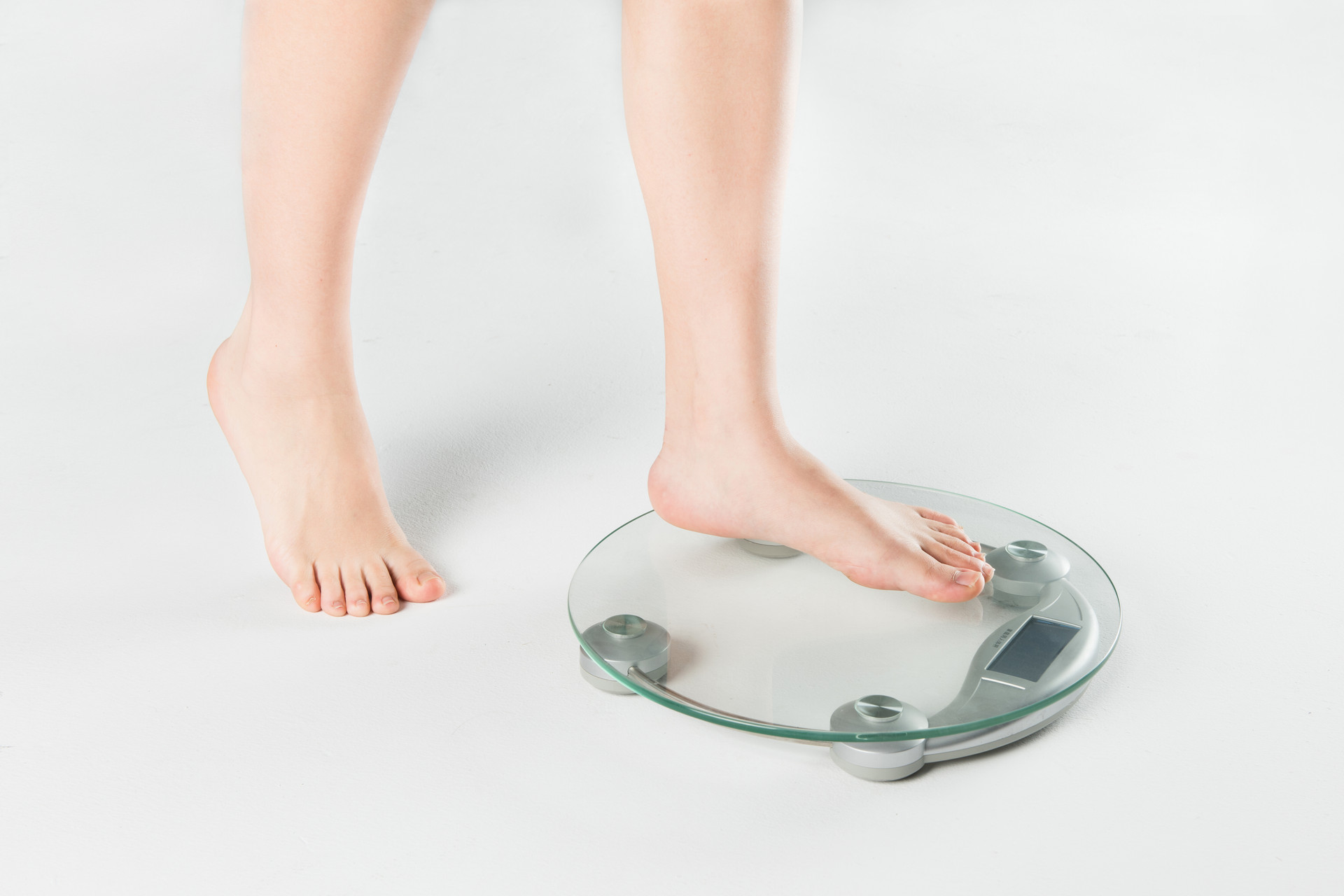Obesity is a common concern for many people, but what many people don't know is that obesity is also a disease. It is one of the top ten chronic diseases identified by the World Health Organization. Currently, there are over 200 million overweight people and over 90 million obese people in China. May is not the time to lose weight, and June will bring regret. How can we lose weight more effectively? Let's try the targeted weight loss methods of traditional Chinese medicine.
Heat and phlegm stagnation type obesity
This type of obese people usually have strong muscles, but they are often thirsty and have a large appetite. They like to drink cold water when it's hot, and are mostly male. This type of obese people are the easiest to succeed in losing weight and have a low rate of weight regain. In their bodies, there is a fire-like sensation, and although they eat a lot, the phlegm stagnation in their bodies prevents the elimination of excess substances, leading to obesity over time.
Acupressure can be applied to the Neiting acupoint. Neiting is the Ying acupoint of the Stomach meridian of the Foot Yangming. In the Ling Shu, it is described as "Neiting, the space between the second and third toes, is the Ying." The Neiting acupoint has the function of clearing the stomach, extinguishing the fire, regulating qi, and relieving pain. It can be said to be the nemesis of heat and fire. The Neiting acupoint is located on the dorsum of the foot, between the second and third toes, at the junction of the red and white flesh. When selecting the acupoint, sit with the foot hanging down or lie supine, and press the acupoint with the thumb of one hand, slightly exerting pressure. The sensation should be sore and swollen. Press each side for 1 minute, a total of 2 minutes, and massage daily.
Spleen deficiency and dampness obstruction type obesity
According to traditional Chinese medicine, irregular diet is one of the main causes of obesity. Sedentary lifestyle is also a major factor. Although the direct cause of obesity is "eating more than burning", the underlying cause is often related to the dysfunction of the spleen, stomach, liver, and kidneys, especially the abnormal function of the spleen and stomach. Food enters the stomach and relies on the healthy function of the spleen and stomach to transform into essential substances. If the spleen and stomach are weak, the transformation will be impaired, and the water and grain will not be converted into vital energy, leading to the accumulation of fat and phlegm, resulting in obesity. Therefore, the treatment should focus on regulating the spleen and stomach and promoting the elimination of turbidity.
This type of obesity is characterized by average appetite, soft muscles, easy fatigue and weakness, swollen limbs, lack of exercise, feeling weak and wanting to lie down after meals, and sticky feeling in the mouth. How to regulate it?
The acupoint massage recommended by TCM experts is the Fenglong acupoint. The Fenglong acupoint is located on the outer side of the lower leg, eight inches above the tip of the external malleolus, outside the border of the Tibia, two horizontal fingers away from the anterior margin of the Tibia (middle finger). This acupoint is located in the lower part of the Stomach meridian. The water, dampness, and turbid qi of the Stomach meridian and Spleen meridian converge here, connecting the qi, blood, and substances of the Stomach meridian and Spleen meridian. Therefore, it is a Ying acupoint of the Foot Yangming meridian. Moxibustion on this acupoint can effectively invigorate the spleen, eliminate dampness, and has better results. Generally, moxibustion on this acupoint for 15 minutes daily is sufficient.
Liver depression and qi stagnation type obesity
This type of obese people have poor blood circulation due to liver depression, which leads to abnormal metabolism. How can they avoid obesity?
Acupressure at home is the main method of prevention and treatment. The acupoint recommended by TCM experts is the Taichong acupoint. The Taichong acupoint is located on the dorsum of the foot, where the big toe and the second toe intersect. Before pressing the Taichong acupoint, you can sit or lie down, take a few deep breaths to expand your chest, then sit down and use the pads of your thumbs to press upwards along the gap between your big toe and second toe until you feel the pulsation of the artery, indicating that you have pressed the Taichong acupoint. Apply moderate pressure and hold for 1 minute, then slowly release the pressure, repeating this finger pressing on the Taichong acupoint 3-5 times. The pressure should be moderately painful during the massage, and gradually increase the intensity. The massage can also be done in the vicinity of the Taichong acupoint, and sometimes in other parts of the Liver meridian with nodules or tenderness, such as the Ligou acupoint. However, excessive force should be avoided to prevent subcutaneous blood stasis. After pressing, you can drink a small amount of water to help with metabolism.
Liver and kidney deficiency type obesity
This type of obese patients are usually over 50 years old and often have chronic diseases such as hypertension and diabetes. Even if they eat less, their weight still increases. According to TCM, the liver governs the dispersion and the kidneys govern water. In people with liver and kidney deficiency, the function of dispersion is impaired, and the metabolism of water and fluid in the body is irregular, leading to virtual obesity. Nourishing the liver and kidneys is the most direct way to regulate it.
There are many foods and medicines that can nourish the liver and kidneys. TCM experts recommend a fish, sea bass, especially in the spring and summer. It has a delicious taste, especially when steamed. The book "Jiayou Bencao" from the Northern Song Dynasty records that sea bass can "nourish the five organs, strengthen tendons and bones, harmonize the intestines and stomach, and treat water retention." Therefore, people with liver and kidney deficiency obesity can eat more sea bass during the spring and summer transition.


